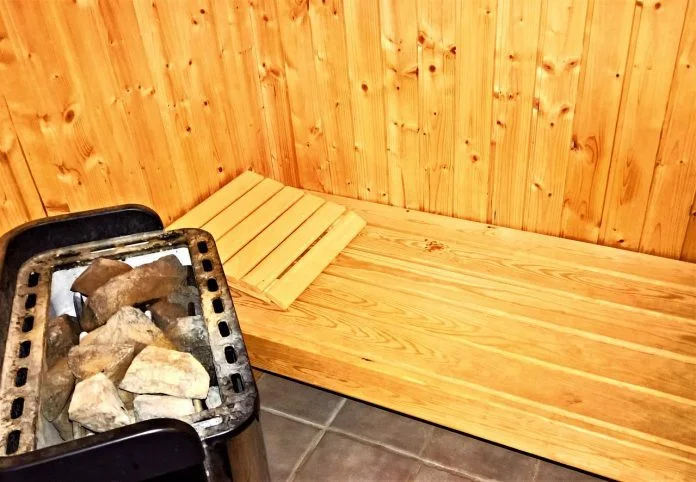For those who’ve ventured into custom sauna construction, addressing the heating aspect is a given. Yet, for purchasers of standard sauna kits, the inclusion of a heater is not a guarantee. So, what are the considerations for selecting a heater? Is there a preference between traditional wood-burning and electric heaters? And which brands should you consider?
Wood vs. Electric Sauna Heaters
Wood heaters carry a sense of tradition, harking back to the origins of sauna use. They offer the advantage of independence from electrical power, a significant consideration given the rising costs of energy. Wood, as a heating source, tends to be more economical.
Wood heaters, though, are generally more apt for outdoor saunas or indoor setups connected to existing chimneys, where they’re used more occasionally. Their suitability for outdoor saunas stems from not requiring an electric supply and their superior heating efficiency in outdoor conditions. For perspective, an electric heater may take up to two hours to warm an outdoor sauna in sub-zero temperatures, whereas a wood heater can accomplish this in about thirty minutes. The trade-off includes more hands-on operation, including regular fuel addition and post-use cleaning, but many find the authentic wood scent and traditional sauna experience rewarding.
Electric heaters, adaptable for both indoor and outdoor use, offer convenience through automatic temperature control and require minimal post-use maintenance—simply turn them off. The operational costs are higher compared to wood heaters, but they offer ease of use and consistent heating.
The Essential Role of Sauna Stones
An often overlooked but critical component is the sauna stones. Operating a sauna heater without these stones risks damaging the unit due to potential overheating of the heating elements. Furthermore, bypassing the use of stones voids the warranty, as it contradicts the manufacturer’s guidelines. The stones play a protective role, preventing direct contact between the heating coils and ensuring water is not applied directly to the coils, thus extending their lifespan.



1 Komentář
1 Mladý Svět https://mladysvet.cz/ 63 49 45 19 690,-
1 ŽIVOT 24 https://zivot24.cz/ 33 15 27 1 690,-
1 Redakce 24 https://redakce24.cz/ 27 19 27 1 690,-
1 Anatomie Života https://anatomie-zivota.cz/ 69 52 46 19 690,-
1 Reflex24 https://reflex24.cz/ 33 16 28 1 690,-
1 Časopis 24 https://casopis24.cz/ 56 11 26 0 690,-
1 VÁŠ Zpravodaj https://vaszpravodaj.cz/ 4,8 58 37 0 690,-
1 magazín Prima https://magazinprima.cz/ 43 59 44 8 690,-
1 PRIMA časopis https://primacasopis.cz/ 33 20 35 8 690,-
1 Verdict https://verdict.cz/ 52 32